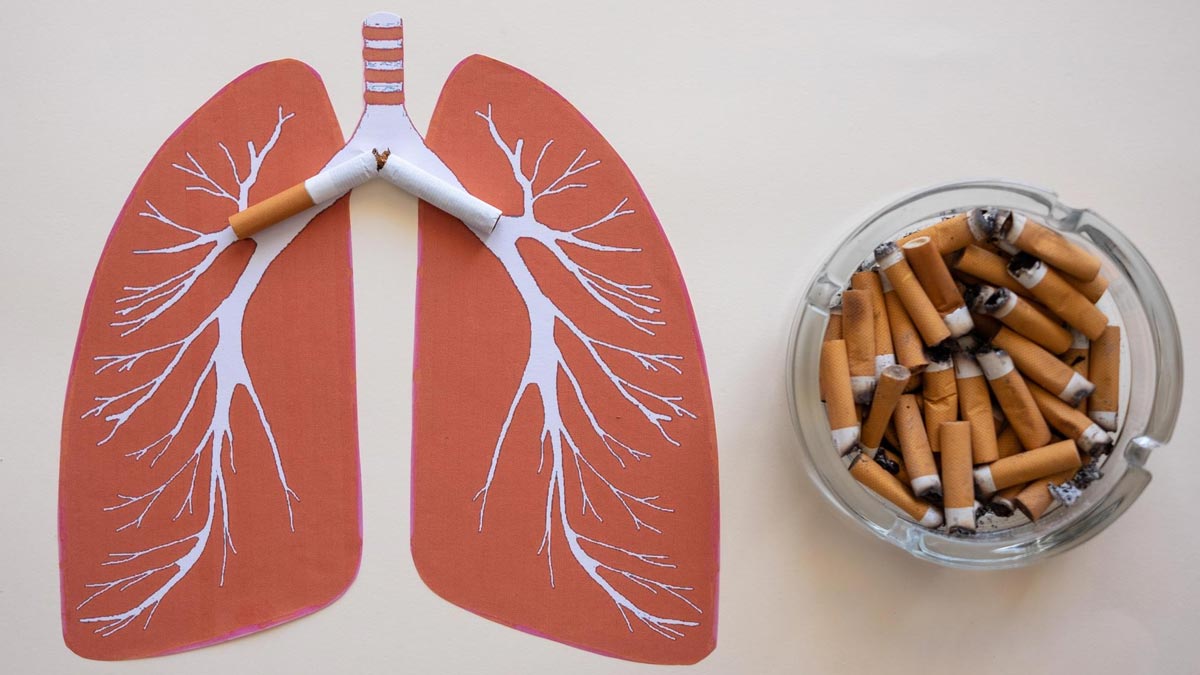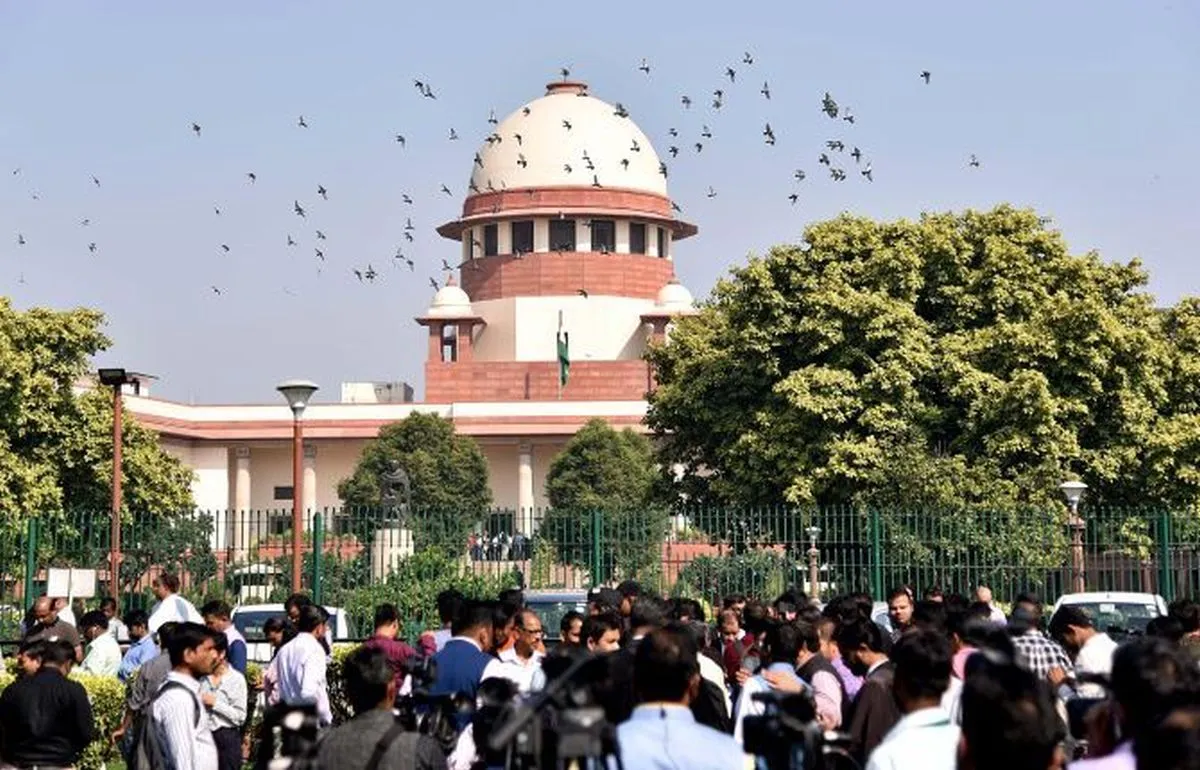Lung cancer in India is changing in surprising ways. While it used to be mainly caused by smoking, now many people who have never smoked are getting it too. Doctors say this is because of dirty air outside, breathing in other people’s smoke, and harmful things in the air at home. A new study in a major medical journal shows how important it is to fix these problems in our environment to stop more non-smokers from getting lung cancer.

The Alarming Trend
High levels of PM2.5 being a major contributing factor to air pollution are one of the leading causes of lung cancer in nonsmokers. In India, famous for its bad air quality, cases of lung cancer manifest 10 years earlier than in Western countries. This trend is quite alarming and has turned dangerous, as India has a more youthful population at the moment, so early detection and prevention become critical.
Lung cancer is rising among non-smokers in Southeast Asia, says Dr. Shrinidhi Nathany from Fortis Hospital. The cause? Tiny air pollution particles are called PM2.5. These particles can get deep into people’s lungs and make them sick, even causing cancer. Delhi, known for its bad air, shows how dangerous long-term exposure to polluted air can be.
Second-Hand Smoke and Indoor Pollutants
Yet another important consideration is secondhand smoke. Individuals who do not smoke but are exposed to tobacco smoke from family members or coworkers have an increased risk of lung cancer. This risk is increased by indoor pollutants such as cooking fumes and workplace dangers. Dr. Ashish Gupta from Unique Hospital Cancer Centre highlights the need for strong air quality laws and public awareness initiatives to prevent these threats.
Genetic Susceptibility and Other Factors
Genetic predisposition is yet another factor that causes lung cancer in non-smokers. According to Dr. Nathany, the high prevalence of this disease in India can be attributed to passive smoking and genetic predisposition. This indeed is a complex issue and must be tackled from all possible angles by detecting its roots and framing preventive measures.
Importance of Early Detection
Doctors say catching lung cancer early is key. Dr. Vikas Mittal from CK Birla Hospital wants people to know the signs of lung cancer and get checked often. This is extra important if you live in a polluted city or if cancer runs in your family. Regular health check-ups can help spot lung cancer before it gets worse
Reducing air pollution through stricter regulations, promoting clean energy sources, and improving public transportation are essential steps in addressing this health crisis. Strengthening tuberculosis control programs and investing in research to understand the genetic factors involved are equally important.
Public Awareness and Education: A Crucial Step
Doctors say it’s important to teach people about lung cancer risks and warning signs. Many don’t know that even non-smokers can get lung cancer. Health experts want to spread the word about getting regular check-ups and staying away from things that can cause cancer. They believe this information can help save lives.
Read More – https://indianexpress.com/article/lifestyle/health/study-lung-cancer-patients-india-never-smoked-9459265/
What Can We Do to Stop Lung Cancer in Non-Smokers?
Cleaner air rules: Reduce pollution from factories and vehicles.
Better home air: Use safer cooking fuels and improve ventilation.
Safer workplaces: Protect workers from cancer-causing substances.
Regular check-ups: Screen high-risk individuals for early detection.
Genetic research: Identify who’s at risk and develop prevention strategies.
Conclusion
India’s struggle against lung cancer in nonsmokers will be a long-drawn and grueling battle that has to be led at multiple levels: by the government, through health professionals, and at the grassroots level. Air pollution can be addressed, people can be made aware of secondhand smoke, and regular screenings can be organized to reduce the prevalence of lung cancers at various stages and improve public health.



 By
By










 By
By






